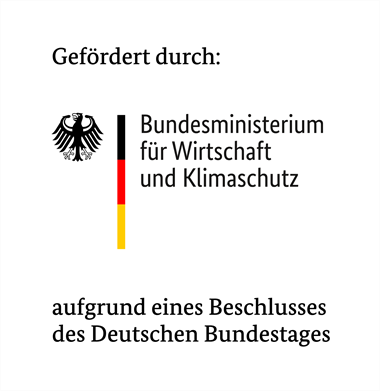The follow-up project builds on the results of the A-SWARM project, in which a technological readiness level (TRL) of 4-5 was achieved. The aim is to further develop the previously developed autonomous technologies for modular watercraft and test them in practice in order to get closer to market maturity.

| Title: | A-SWARM II – Autonomous electric Shipping on Waterways in Retropolitan Region |
| Term: | 2024 – 2027 |
| Project manager: | Kay Domke |
| Funding: | Bundesministerium für Wirtschaft und Klimaschutz |
| Project administration: | Projektträger Jülich |
| Reg.-No.: | 03SX593A |
Particular attention will be paid to the optimization and expansion of the individual demonstrators, and the coupling system will also be investigated for the first time.
A central element of the project is the development and testing of technologies for fully autonomous operation, including:
- Autonomous navigation under difficult conditions, such as uncertain weather,
- Safe passage of bridges and locks in swarm operation,
- Consideration of variable load conditions and their effects on manoeuverability,
- Goods handling with automated demonstrators to enable unmanned operation.
The vehicles are to be optimized so that they operate in an energy-efficient manner, among other things by precisely calculating steering forces in advance. At the same time, the vehicles from the “DigitalSOW” project will also be coupled and the entire coupling system will be tested as a complete system for the first time. Challenges such as data transmission between the vehicles and the synchronization of control systems are also being addressed.
In the long term, the project will help to integrate waterways more closely into transport networks – especially for city logistics. The congestion on roads and railways makes it urgently necessary to shift freight traffic to alternative transport routes. Swarm technology with electric drives offers a forward-looking solution for this, as classic inland waterway vessels are not suitable for modern logistics tasks such as general cargo transportation or recycling management, particularly in metropolitan regions, due to their size and inflexibility.
Through these further developments, the project is making a key contribution to the sustainable transformation of goods logistics on water.